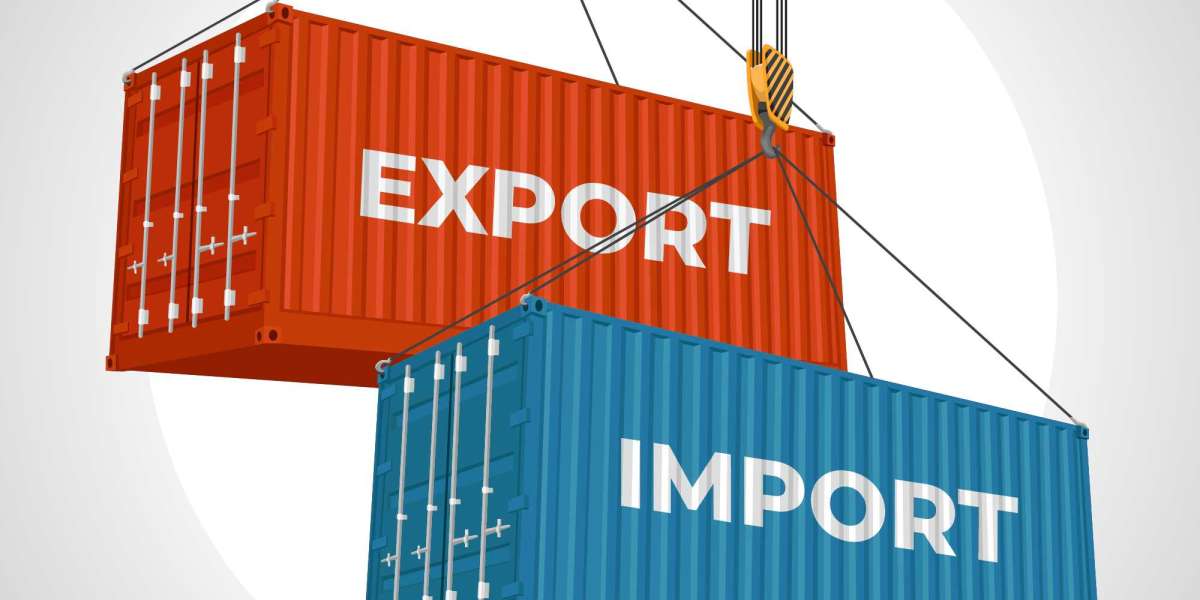Introduction
Shipping containers have evolved from mere cargo carriers to versatile structures used for various purposes, including storage, offices, and even homes. If you're in the market for shipping containers, this guide will provide you with all the information you need to make an informed decision. From understanding different types of containers to knowing where to buy them, we've got you covered.
Why Buy Shipping Containers?
Versatility
Shipping containers can be repurposed for a wide range of uses, including storage units, mobile offices, pop-up shops, and even residential homes. Their robust construction and portability make them ideal for various applications.
Durability
Made from high-quality steel, shipping containers are designed to withstand harsh weather conditions and rough handling during transport. This durability ensures a long lifespan, making them a cost-effective investment.
Cost-Effective
Compared to traditional building materials and construction methods, shipping containers offer a more affordable alternative for creating storage or living spaces. Their modular nature also allows for easy expansion and customization.
Eco-Friendly
Repurposing used shipping containers helps reduce waste and promotes sustainability. By giving these containers a second life, you contribute to environmental conservation efforts.
Types of Shipping Containers
Standard Containers
Standard containers, also known as dry containers, are the most common type. They are typically 20 or 40 feet long and used for general cargo. These containers are versatile and can be modified for various uses.
Refrigerated Containers
Refrigerated containers, or reefers, are equipped with cooling systems to transport perishable goods. They are ideal for businesses that need to store or transport food, pharmaceuticals, and other temperature-sensitive items.
Open-Top Containers
Open-top containers have a removable roof, making them suitable for transporting oversized cargo that cannot fit through standard doors. They are commonly used for heavy machinery and construction materials.
Flat Rack Containers
Flat rack containers have collapsible sides, allowing them to accommodate large or oddly shaped items. They are ideal for transporting vehicles, boats, and industrial equipment.
High Cube Containers
High cube containers offer extra height compared to standard containers, providing more storage space. They are perfect for taller items and are often used in the construction of container homes.
Factors to Consider When Buying Shipping Containers
Condition
Shipping containers are available in various conditions, from brand new to used and refurbished. New containers are more expensive but come with a longer lifespan. Used containers are more affordable but may show signs of wear and tear. Refurbished containers offer a balance between cost and condition, as they are repaired and restored to good working order.
Size
Determine the size of the container you need based on your intended use. Standard sizes include 20-foot and 40-foot containers, but there are other options, such as 10-foot containers and high cubes, depending on your requirements.
Purpose
Consider how you plan to use the container. For example, if you need it for storage, a standard container may suffice. If you plan to convert it into a living space, you might need a high cube container for extra headroom.
Budget
Set a budget before you start your search. Prices can vary significantly based on the condition, size, and type of container. Don't forget to factor in additional costs such as delivery, modifications, and permits if needed.
Supplier
Choose a reputable supplier with positive reviews and a proven track record. Reliable suppliers will provide detailed information about the containers they sell and offer guarantees or warranties on their products.
Where to Buy Shipping Containers
Online Marketplaces
Websites like eBay, Craigslist, and specialized container marketplaces offer a wide range of new and used shipping containers. These platforms allow you to compare prices and find containers in your area.
Container Suppliers
There are numerous companies that specialize in selling shipping containers. These suppliers often have a large inventory and can provide detailed information about the condition and history of each container.
Auctions
Shipping containers are sometimes sold at auctions, where you can potentially find great deals. Keep an eye on local auction listings and online auction sites for opportunities.
Local Dealers
Check with local dealers and businesses that use shipping containers. They may have containers for sale or can recommend reputable suppliers in your area.
Modifying Shipping Containers
Insulation
If you plan to use the container for living or working space, proper insulation is essential to maintain comfortable temperatures. Options include spray foam, fiberglass, and foam board insulation.
Ventilation
Adequate ventilation helps prevent condensation and maintains air quality. Consider adding windows, vents, or air conditioning units depending on the container's use.
Electrical and Plumbing
For containers converted into offices or homes, you'll need to install electrical wiring and plumbing. Hiring professionals ensures these modifications meet safety standards and local building codes.
Doors and Windows
Adding doors and windows improves accessibility and natural lighting. You can choose from a variety of styles and materials to suit your needs and aesthetic preferences.
Interior and Exterior Finishes
Finishing the interior and exterior enhances the container's appearance and functionality. Options include painting, cladding, and adding partitions or flooring.
FAQs about Buying Shipping Containers
How much does a shipping container cost? Prices vary based on size, condition, and location. A new 20-foot container can cost between $2,000 and $5,000, while used containers range from $1,000 to $3,000. High cube and specialized containers may cost more.
Can I finance the purchase of a shipping container? Yes, some suppliers offer financing options or lease-to-own arrangements. Check with the supplier for available financing plans and terms.
How do I transport a shipping container to my location? Suppliers often provide delivery services, which can be included in the purchase price or billed separately. Alternatively, you can hire a third-party transport company to move the container to your site.
Do I need a permit to place a shipping container on my property? Permit requirements vary by location and intended use. Check with your local zoning and building authorities to determine if you need a permit for your container.
Can I stack shipping containers? Yes, shipping containers are designed to be stacked, making them ideal for multi-story structures. Ensure the containers are properly secured and supported to prevent accidents.
How long do shipping containers last? With proper maintenance, shipping containers can last 25 years or more. Regular inspections and addressing any issues promptly can extend their lifespan.
Conclusion
Shipping containers for sale offer a versatile, durable, and cost-effective solution for various needs, from storage to living spaces. By understanding the different types of containers, considering key factors, and choosing a reputable supplier, you can find the perfect container for your requirements. Whether you're looking to buy a single container or multiple units for a larger project, this guide provides the information you need to make an informed decision and get the most out of your investment.








